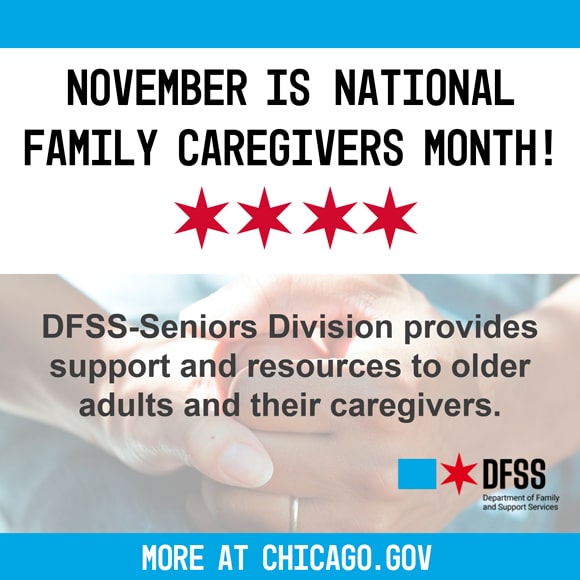Climate change may be the culprit
As the long Chicago winter turned to spring, Lizzie Goodman threw open the windows to her home and, within a couple of days, she and her two young daughters were dealing with sneezes, stuffy noses, itchy eyes, and scratchy throats.
Goodman worried they might have Covid-19, but tests came back negative. It was her older daughter who uncovered the likely culprit when she checked the local pollen count.
“We noticed we always feel awful when the pollen count is high,” Goodman says.
Growing up in Chicago, Goodman, 40, has long suffered from seasonal allergies, often dealing with painful sinus headaches. “It’s been noticeably harder this year,” she says.
Allergists in Chicago say patients are filling appointment slots with worsening seasonal allergies. And a growing body of research points to one big reason: climate change. Warmer temperatures mean longer pollen seasons, and the Midwest is among the hardest hit regions of the U.S., according to a 2021 study by University of Utah researchers.
“Global warming is definitely contributing to the rise in pollen levels, that can lead to an increase in seasonal allergic rhinitis as well as the misery of patients,” says Sai R. Nimmagadda, MD, an allergy and immunology specialist at the Lurie Children’s Hospital of Chicago. “We are swamped.”
Nothing to sneeze at
The Earth’s temperature is rising — 0.32° F per decade since 1981, according to the National Oceanic and Atmospheric Administration. And those hotter days have triggered longer pollen seasons.
According to the Utah study, across the country, pollen season is generally starting 20 days earlier and lasting almost 10 days later than in 1990. The study tracked a 21% increase in pollen counts nationwide with the most consistent increases in Texas and the Midwest, including Illinois.
“These plants are pollinating for longer periods of time,” says Zachary Rubin, MD, who specializes in allergy treatment and immunology at Oak Brook Allergists. “So we’re exiting the fall season later and entering the spring season earlier.”
For some, allergies to ragweed, tree pollen, grass, and similar sources are annoyances at best, leading to weeks of sneezes, sniffles, and itchy eyes. But for others, they can prompt an increase in sinus and ear infections, worsening eczema and asthma attacks, and interrupted sleep cycles as people grapple with the symptoms. “Untreated allergies are literally nothing to sneeze at,” Rubin says.
Keeping allergies at bay
To keep symptoms at bay, Goodman has long relied on Sudafed to treat her sinus congestion. This year, her husband took over mowing the lawn, which also has helped. She’s given both her daughters Zyrtec, an antihistamine. And her older daughter closes her bedroom windows and uses a free-standing HEPA filter in her room. “Then we just kind of muscled through,” she says.
The best way to navigate worsening symptoms involves a three-pronged attack, Nimmagadda says: testing, followed by prevention and treatment, and then allergy shots, if necessary.
Doctors conduct a scratch test for allergies, which involves putting tiny drops of the pollen or allergen on the skin and then scratching it. If the person has an allergy to a particular pollen or particle, the skin reacts.
The results enable the allergist to tailor treatments to the specific allergen. If they discover a ragweed allergy, for example, doctors can time treatment to its peak season, which runs from mid-August to the first frost in Chicago, according to Loyola Medicine. Early treatment is critical, preventing symptoms from flaring up, Nimmagadda says.
“If your symptoms are emerging, they will lead to further symptoms like more mucus, more congestion and achiness,” he says. “If you start the medicines early, you can prevent the late symptom reactions with pollen exposure.”
Then comes prevention and treatment. Keeping windows closed, running an air conditioner, changing your clothes immediately after time outside, using HEPA air purifiers, and wearing face masks limit your exposure to seasonal allergens.
Oral antihistamines such as Zyrtec, Claritin, and Allegra can help with itching and runny noses. Simple saline nose rinses using distilled or previously boiled water also flush out pollen.
If treatment options aren’t working or symptoms make it impossible for patients to focus at work or school, allergy shots offer a next-level option. The shots pinpoint the person’s specific allergies but require a commitment of a couple of years of regular injections.
The good news: You can treat allergies. The bad news: New ones can emerge, or existing ones can worsen.
According to Nimmagadda, allergic reactions are an immune response to a substance, and your immune system and the allergens you’re exposed to are constantly fluctuating. “Everything could change,” he says. Understanding your triggers — and when to expect them — helps meet the challenges allergies create.
Originally published in the Fall/Winter 2023 print issue.

Sarah Lindenfeld Hall is a longtime journalist, specializing in aging, parenting, caregiving, health, and business management topics.












